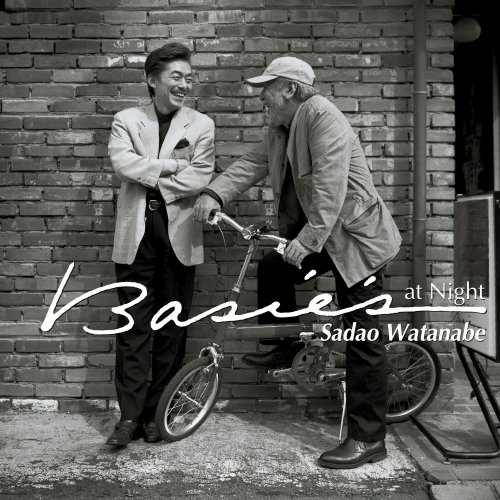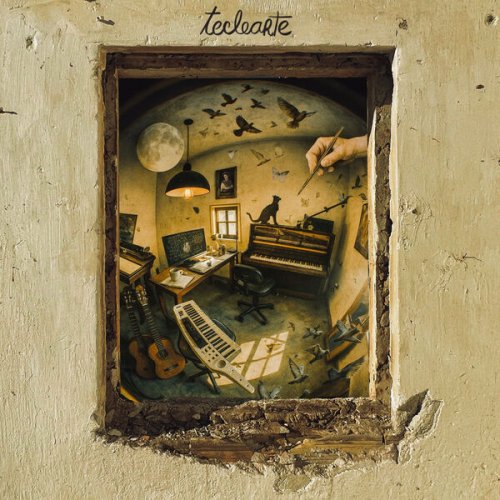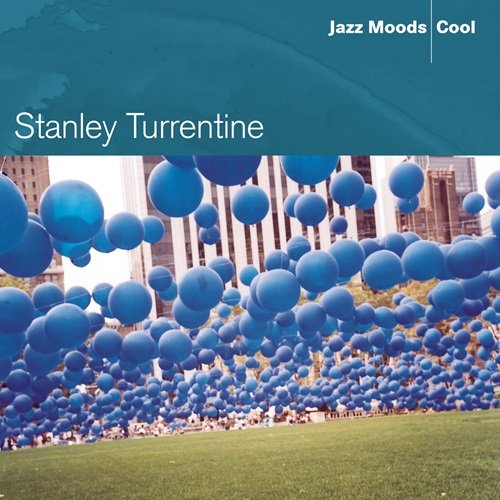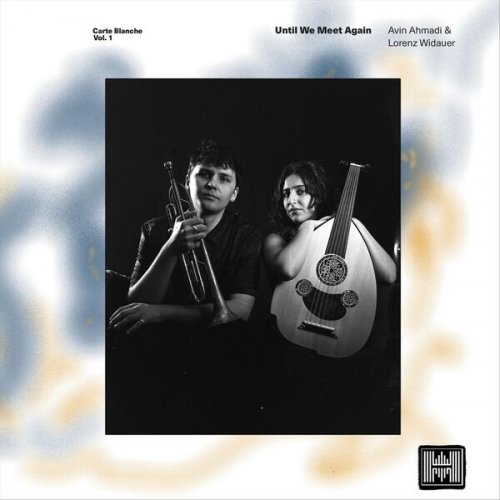Curtis Gordon - Play The Music Louder (1998)
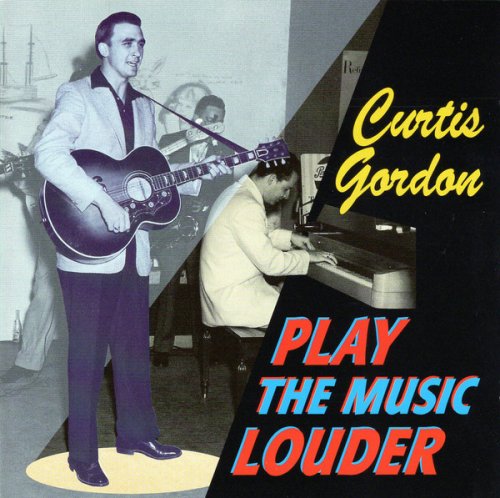
Artist: Curtis Gordon
Title: Play The Music Louder
Year Of Release: 1998
Label: Bear Family Records
Genre: Rockabilly, Hillbilly, Country
Quality: Mp3 320 / Flac (tracks, .cue, log)
Total Time: 36:17
Total Size: 333/366 Mb (scans)
WebSite: Album Preview
Title: Play The Music Louder
Year Of Release: 1998
Label: Bear Family Records
Genre: Rockabilly, Hillbilly, Country
Quality: Mp3 320 / Flac (tracks, .cue, log)
Total Time: 36:17
Total Size: 333/366 Mb (scans)
WebSite: Album Preview
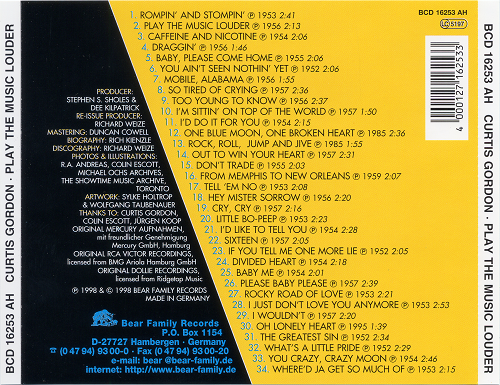
Tracklist:
01. Rompin' And Stompin'
02. Play The Music Louder
03. Caffeine And Nicotine
04. Draggin'
05. Baby, Please Come Home
06. You Ain't Seen Nothin' Yet
07. Mobile, Alabama
08. So Tired Of Crying
09. Too Young To Know
10. I'm Sittin' On Top Of The World
11. I'd Do It For You
12. One Blue Moon, One Broken Heart
13. Rock, Roll, Jump & Jive
14. Out To Win Your Heart
15. Don't Trade
16. From Memphis To New Orleans
17. Tell 'Em No
18. Hey Mister Sorrow
19. Cry, Cry
20. Little Bo-Peep
21. I'd Like To Tell You
22. Sixteen
23. If You Tell Me One More Lie
24. Divided Heart
25. Baby Me
26. Please Baby Please
27. Rocky Road Of Love
28. I Just Don't Love You Anymore
29. I Wouldn't
30. Oh Lonely Heart
31. The Greatest Sin
32. What's A Little Pride
33. You Crazy, Crazy Moon
34. Where'd Ja Get So Much Of
Curtis Gordon (Jul. 27, 1928 - May 2, 2004) was an American rockabilly singer.
Gordon was heavily influenced by Ernest Tubb, Bob Wills, and Jimmie Rodgers as a child. He won a radio talent show as a teen and left high school to be the lead singer of his own band, which included fiddle player Jimmy Bryant. His parents demanded that he return to school and give up the band; he did so, though he moonlighted with a band called Pee Wee Mills & the Twilight Cowboys, who operated out of Gulfport, Mississippi. He formed a new Western swing band of his own at age 21 and began touring the Southeast United States. Gordon served in the Army briefly during the Korean War; while there he met Roger Miller, whom he later helped get signed.
In June 1952, an employee of RCA Victor heard Gordon playing in a contest in Atlanta and told executive Steve Sholes about him. Gordon signed with RCA soon after and began recording for the label in the fall. He appeared on the Grand Ole Opry and supported Ernest Tubb, Elvis Presley, and Hank Snow on tour. His records sold modestly, though they never charted; he remained on RCA for two years, and when his contract expired he was snapped up by Mercury Records. Gordon's style changed while on Mercury, for a number of possible reasons. The label let him record much of his own material, he worked extensively with producer Pappy Daily, and the nascent rock & roll movement had changed tastes. His recordings of 1956-57 are a mix of Western swing, rock and roll, and straight country music.
He played regularly in Mobile, Alabama and toured the South sporadically. He recorded with Dollie Records at the end of the 1950s, his last major contract; he continued performing locally for some time after that. He ran a dance club in Georgia in the 1970s, and returned to rockabilly performing in the 1980s as the Europeans revived it.
Gordon was heavily influenced by Ernest Tubb, Bob Wills, and Jimmie Rodgers as a child. He won a radio talent show as a teen and left high school to be the lead singer of his own band, which included fiddle player Jimmy Bryant. His parents demanded that he return to school and give up the band; he did so, though he moonlighted with a band called Pee Wee Mills & the Twilight Cowboys, who operated out of Gulfport, Mississippi. He formed a new Western swing band of his own at age 21 and began touring the Southeast United States. Gordon served in the Army briefly during the Korean War; while there he met Roger Miller, whom he later helped get signed.
In June 1952, an employee of RCA Victor heard Gordon playing in a contest in Atlanta and told executive Steve Sholes about him. Gordon signed with RCA soon after and began recording for the label in the fall. He appeared on the Grand Ole Opry and supported Ernest Tubb, Elvis Presley, and Hank Snow on tour. His records sold modestly, though they never charted; he remained on RCA for two years, and when his contract expired he was snapped up by Mercury Records. Gordon's style changed while on Mercury, for a number of possible reasons. The label let him record much of his own material, he worked extensively with producer Pappy Daily, and the nascent rock & roll movement had changed tastes. His recordings of 1956-57 are a mix of Western swing, rock and roll, and straight country music.
He played regularly in Mobile, Alabama and toured the South sporadically. He recorded with Dollie Records at the end of the 1950s, his last major contract; he continued performing locally for some time after that. He ran a dance club in Georgia in the 1970s, and returned to rockabilly performing in the 1980s as the Europeans revived it.
![Paul Mauriat - L'avventura (1972) [Hi-Res] Paul Mauriat - L'avventura (1972) [Hi-Res]](https://img.israbox.com/img/2025-12/19/q8l5an3pdrx7j3uta0q4cr2qi.jpg)
![RAS - Rød i Blå (2025) [Hi-Res] RAS - Rød i Blå (2025) [Hi-Res]](https://www.dibpic.com/uploads/posts/2025-12/1765847447_s09xuo23tcu1a_600.jpg)


